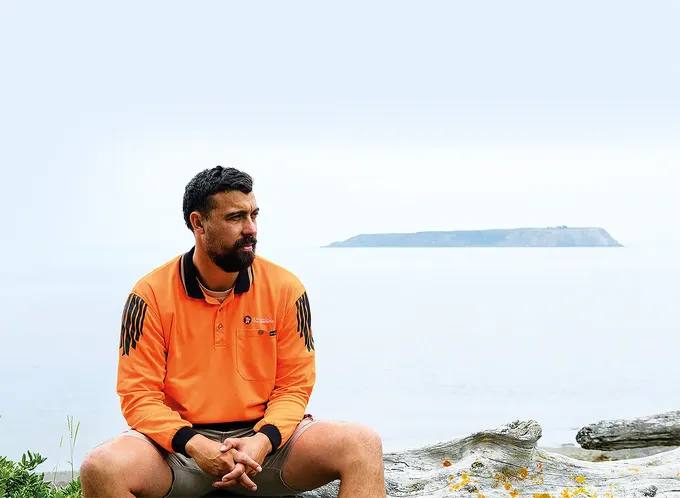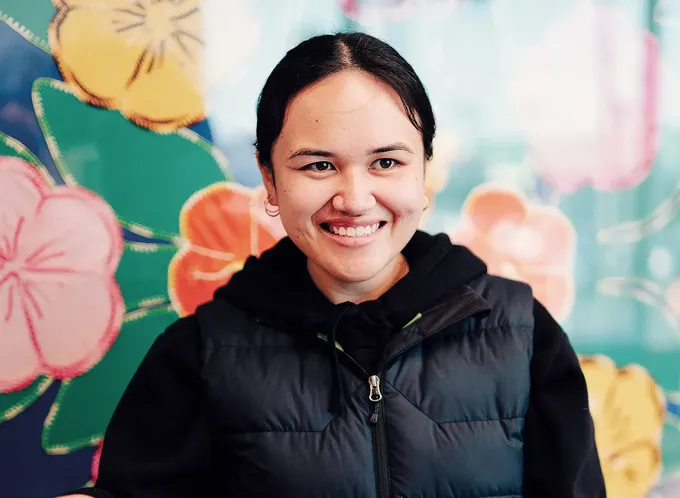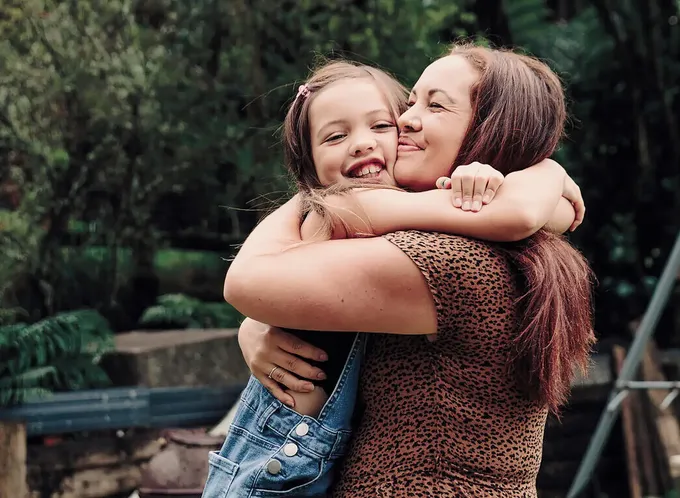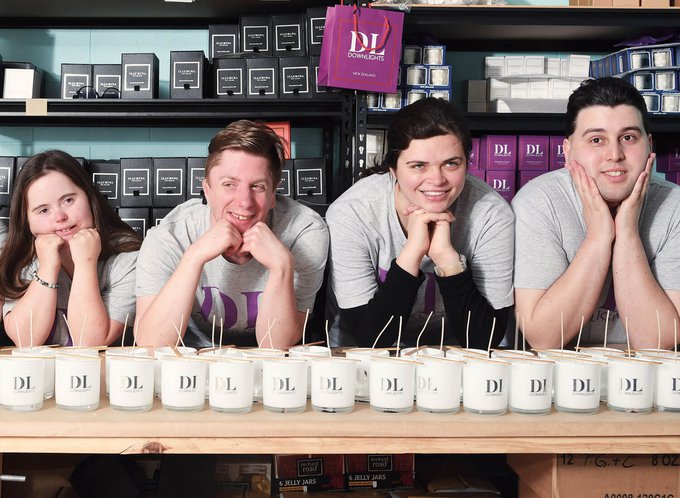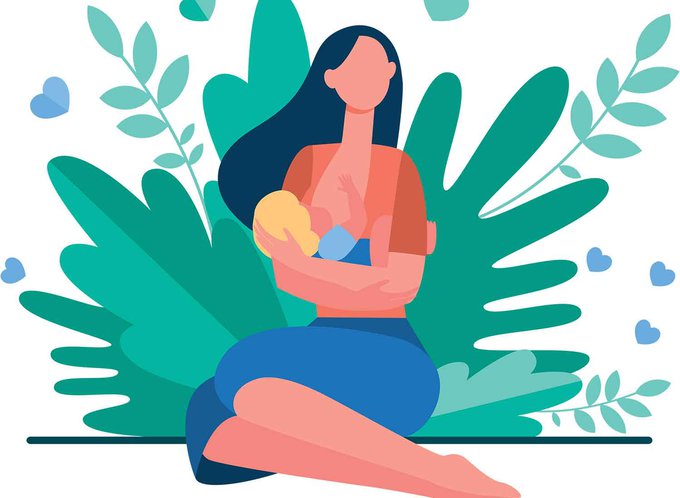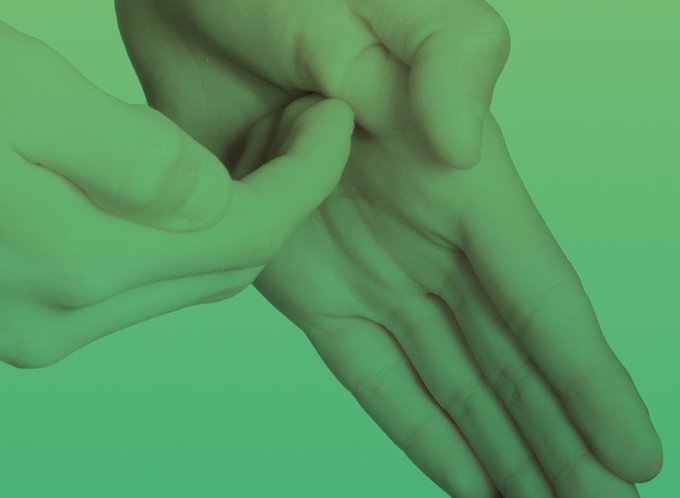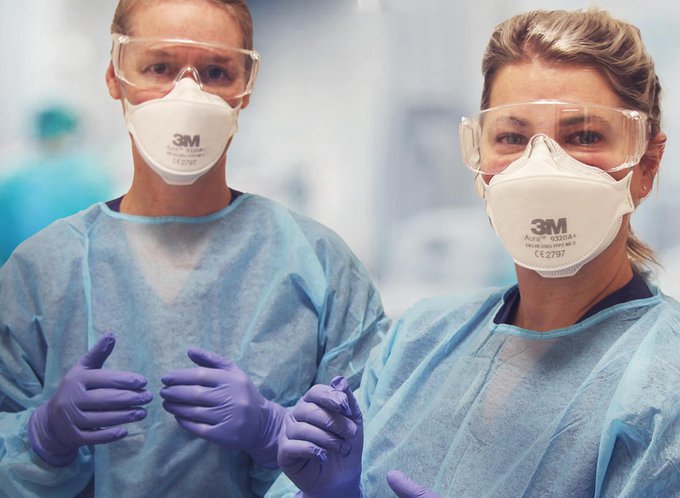In Kaitaia, MAS Foundation is supporting an inspirational community organisation giving parents and caregivers the tools to thrive.
“I love working with whānau. I love to see them grow. I love to see them achieve. I love to see them thrive.”
Roberta Kaio is talking passionately via a telephone from Kaitaia about her work as a whānau coach with Rongopai House Community Trust. Rongopai has been providing a wide range of social services in the Far North for around 10 years, and with the help of MAS Foundation, it’s looking to grow the impact it can have on their community.
Roberta says life can be an uphill struggle for many whānau in the Far North – much of it stemming from poor housing and lack of employment opportunities. Economic statistics bear witness to how tough it is for so many in the Far North compared to the rest of the country. According to Infometrics, household incomes around Aotearoa are 30% higher than the Far North. Beneficiaries make up 21.4% of the population versus 10.2% of the national population. Unemployment consistently tracks above the national average. For young people aged 15-24 around 18% of the Far North population is not engaged in employment, education or training versus a national rate of 11%.
Roberta says growing up in an environment like this can lead people into spirals of hopelessness and deprivation. Rongopai House is working to help people develop skills they need to rise up and beat the odds.
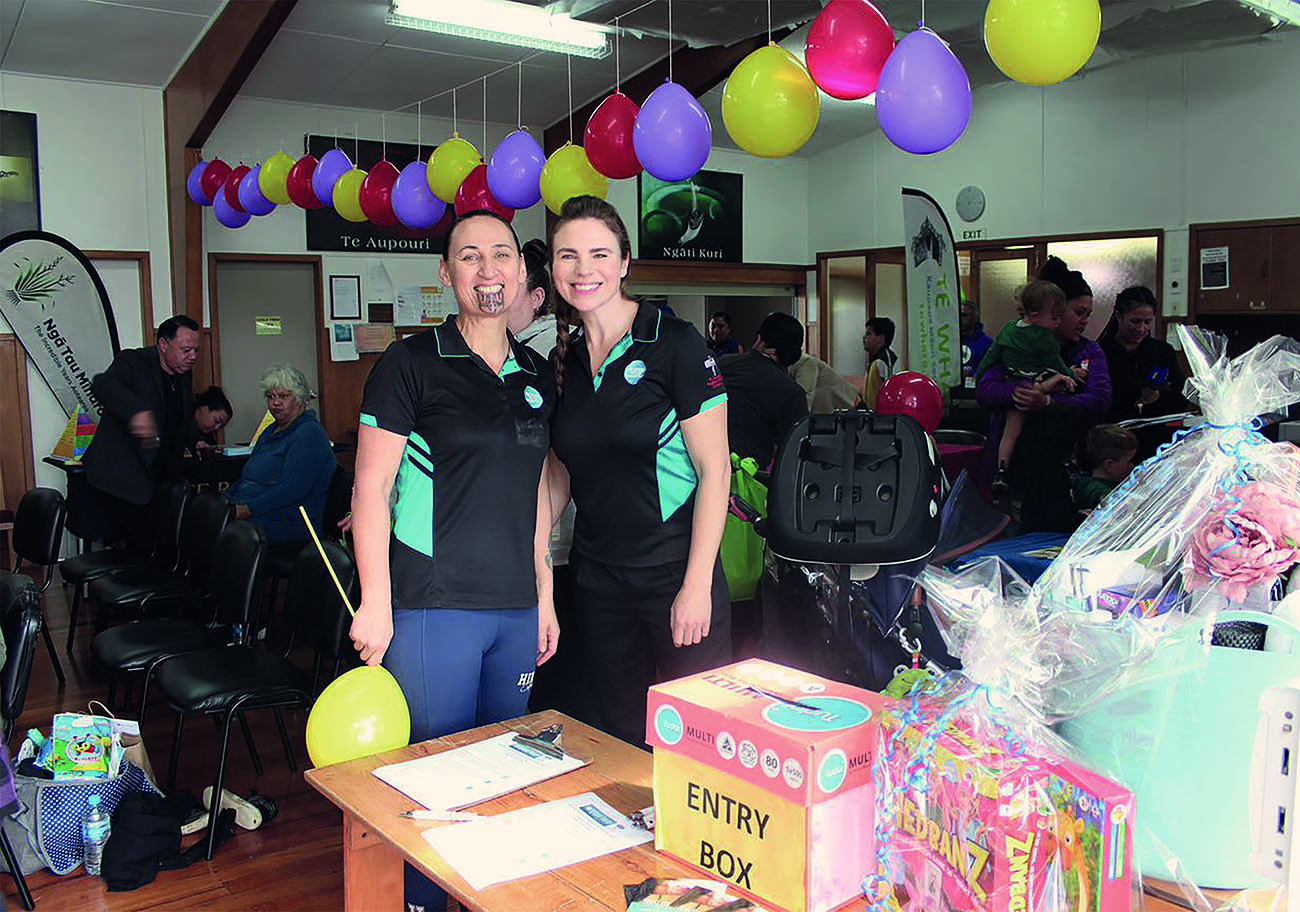
Roberta Kaio (left) and Lucy Houtas (right) are part of Rongopai’s caring and dedicated team
“We work with a huge range of whānau. People who experience social deprivation, including domestic violence, incarceration, addiction and financial issues. In general, it’s people who lack life skills, and we help them build those skills. Our goal is to support whānau however we can to help them thrive.”
Rongopai Trust is best known for Feed My Lambs, a successful parenting skills programme targeted at parents and caregivers of children under 5 years old.
“At our group, we provide support, education in parenting skills, life skills and interpersonal skills. We align it to the Treaty of Waitangi as well. We make sure what we teach is culturally appropriate, and not just for Māori but also others from their own unique or diverse cultures.
“We primarily work with groups of whānau with tamariki 5 years and under, but we also expand outside of that. So if people feel whakamā (shame) so they don’t come along, we still provide care one on one,” she says.
Feed My Lambs has two levels of groups – the entry group for mums and caregivers starting out their life skills journey and a more advanced group for those who are more comfortable in their parenting roles.
“Once our mums and caregivers have started to achieve their goal setting and picked up life skills, we move them on to our group for our advanced mums that have developed better life skills and interpersonal skills and parenting skills,” she says.
Roberta says Rongopai House aims to fill a gap in support services available to whānau in the Far North by picking up those who might have isolated themselves from mainstream providers.
“Other programmes up here for parents and caregivers and nanas have quite a formal framework, and that’s not for everyone. We have an open-door policy, which means we accept everyone," she says.
"If whānau leave or disengage from one of our programmes and then return, we welcome them with open arms. It means that we end up with a lot of people who might have fallen through the cracks.”
Peer-to-peer support among the participants is central to the Rongopai House philosophy. “Our groups are support groups as well. They are a space for mums and caregivers and nanas to get support and socially connect. They can make and maintain relationships with other like-minded mums, caregivers and nanas.”
Rongopai House Community Trust is well supported by very professional, caring staff who ensure families feel always welcome and at home as well as looked after.
“Every team member plays such an important role in the work that we do,” Roberta says. “Whether that’s working directly with families, or behind the scenes, we would not be able to function and provide the support that we have been able to without the support of our team.” Team members include Feed My Lambs Programme Coordinator Lucy Houtas, Coordinator Susan Kitchen, Programme Director Dino Houtas, Funding Coordinator Rachel Palmer, Administrator Whetu and volunteers.”
Roberta says Feed My Lambs has a philosophy of empowering people so they can break the cycles of social deprivation. Helping mums take control of their lives is often about giving them self-confidence and working on basic life skills. Her proudest achievements are the mums who have come through the programme, turned their lives around and now offer an inspirational example to other mums at an earlier stage of their journey.
“We’re really proud of the mums who have come through our programmes and learned life skills and goal setting and now they’ve set up their own businesses or they’re employed or completing studies. And now they’re no longer lonely, and they’re less likely to suffer that social deprivation again,” she says.
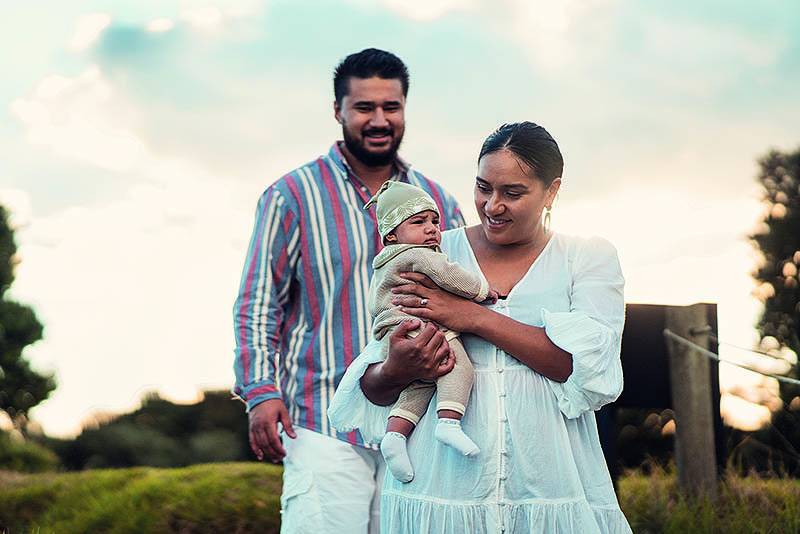
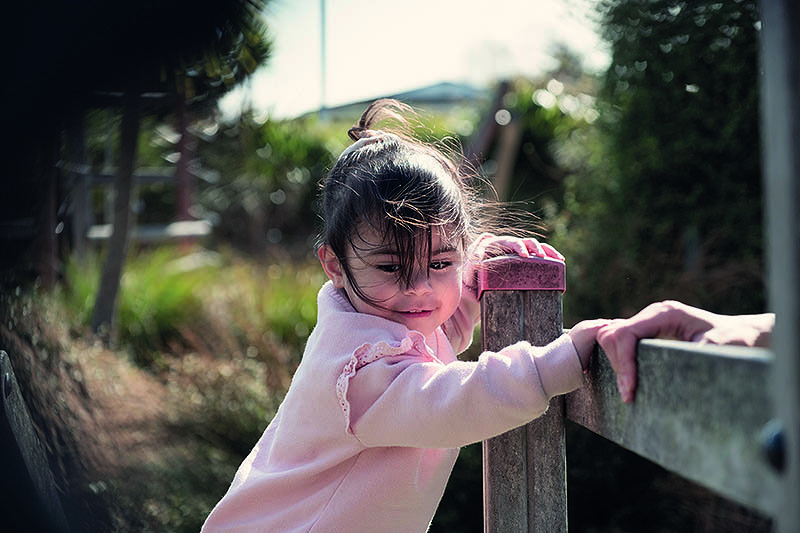
MAS Foundation is supporting Rongopai House Community Trust to extend its services to more whānau in the Far North. Currently there are around 60 whānau registered with Rongopai House, and its goal is to empower even more. But that takes funding, so MAS Foundation is helping the Rongopai Trust team strengthen their systems so that it can meet the reporting and compliance standards required to get larger grants from the Ministry of Social Development (MSD). Its goal, with the help of MAS Foundation, is to move up to level 2 in MSD’s social sector accreditation standards, which will allow it to access more-reliable funding.
“If we can get more funding as a level 2 provider, it will mean we can reach more whānau and put in place systems that make us more sustainable for the long term,” she says.
Roberta says Rongopai House is determined not to let growth dilute the essence of what makes the organisation different from other social service providers in the community.
“Our point of difference here at Rongopai House is that we’re more intimate, we don’t discriminate and we don’t have strict criteria for who we work with. That means we’re fluid in meeting the needs of our community. So as we get bigger, that’s something we won’t ever lose.”
Rongopai House is proudly supported by MAS Foundation
Head of Foundation Dr Julie Wharewera-Mika compliments their responsive approach: “Rongopai House has strong trusting community relationships, including with iwi, that have strengthened their ability to gain deeper understanding of community needs, concerns and aspirations. This has amplified opportunities for collaboration, understanding and resilience, ultimately leading to more inclusive and sustainable outcomes for the Kaitaia community.”
Head of Foundation Mafi Funaki-Tahifote says, “Rongopai House’s approach aligns closely with MAS Foundation’s values and Samoan whakataukī of ‘E fofō e le alamea le alamea’ (Let the issues within the communities be resolved by those in the communities). It has been around for over 10 years in the Far North and is deeply aware of their community issues and has been intimately working with its communities to resolve their issues collaboratively.”
Know someone who might enjoy this?
Read this next
-
March 2023
Ancient wisdom, modern workplace
-
August 2023
Raising Pacific voices
-
November 2023
Old wisdom, new science
-
November 2023
The power of gratitude
Greater good
See all-
March 2021
Candles for a cause
-
March 2021
Helping Kiwi babies thrive
-
March 2021
Creating a Deaf-inclusive Aotearoa
